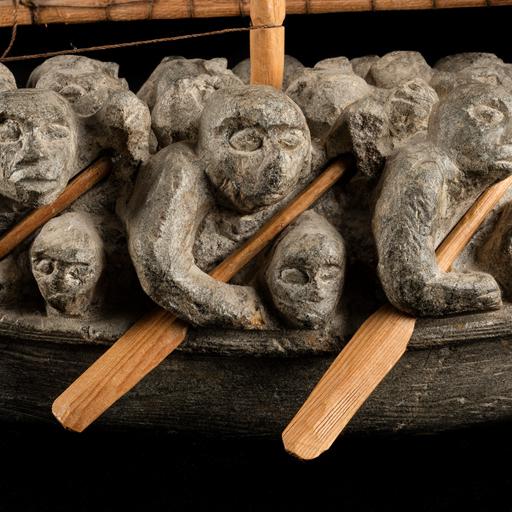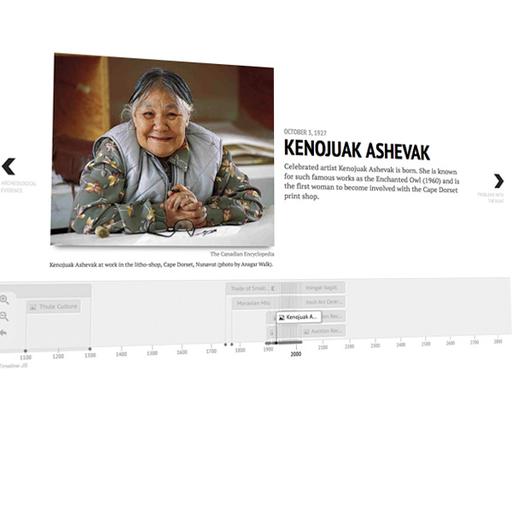'Best dressed' northern Ontario designer brings Indigenous fashion to the forefront
CBC News | April 11, 2022
Categories: news
Scott Wabano designs genderless streetwear under the Wabano brand
CBC News · Posted: Apr 11, 2022 3:26 PM ET | Last Updated: April 11

Named one of the Globe and Mail's best dressed of 2022, Scott Wabano is bringing more Indigenous representation to the fashion industry.
Wabano grew up in Moose Factory, Ont., and said becoming a fashion designer, stylist and consultant was a natural transition after a childhood steeped in their Cree culture.
"You know, fashion is a part of our lives as Indigenous peoples," Wabano said.
"Whether you're attending a ceremony, whether you're attending a powwow, fashion is just a way to show an extension of one's identity. And Indigenous people have been using fashion and our artwork as a way to, you know, tell our stories, tell our family histories and also tell stories about ourselves and our identities as well."
Wabano said there is a lack of Indigenous representation in the fashion industry.
"So I want to bring more Indigenous representation and more Indigenous voices, specifically two-spirit voices, to this industry because it needs to switch and it needs to turn around," they said.
They've helped bring that representation to the industry with the Wabano brand of genderless streetwear that focuses on uplifting Indigiqueer and two-spirited people.
Wabano has also worked with Indigenous businesses, and big corporations like Sephora Canada, IKEA Canada and Nike to bring more Indigenous voices to their brands.
They said many brands have had Indigenous people in front of the camera as a form of tokenism, without applying their ideas.
"But now a lot of brands are actually doing the work on decolonizing the way their brand is and in bringing in more Indigenous voices and indigenous presences behind and in front of the camera as well too," Wabano said.

Outside of fashion, Wabano has also been an advocate for Indigiqueer and two-spirited people. They plan to launch a new two-spirit association within their home community, to support people in remote regions, like the James Bay coast.
The University of Toronto's Dalla Lana School of Public Health defines two-spirit as "a person who identifies as having both a masculine and a feminine spirit, and is used by some Indigenous people to describe their sexual, gender and/or spiritual identity."


